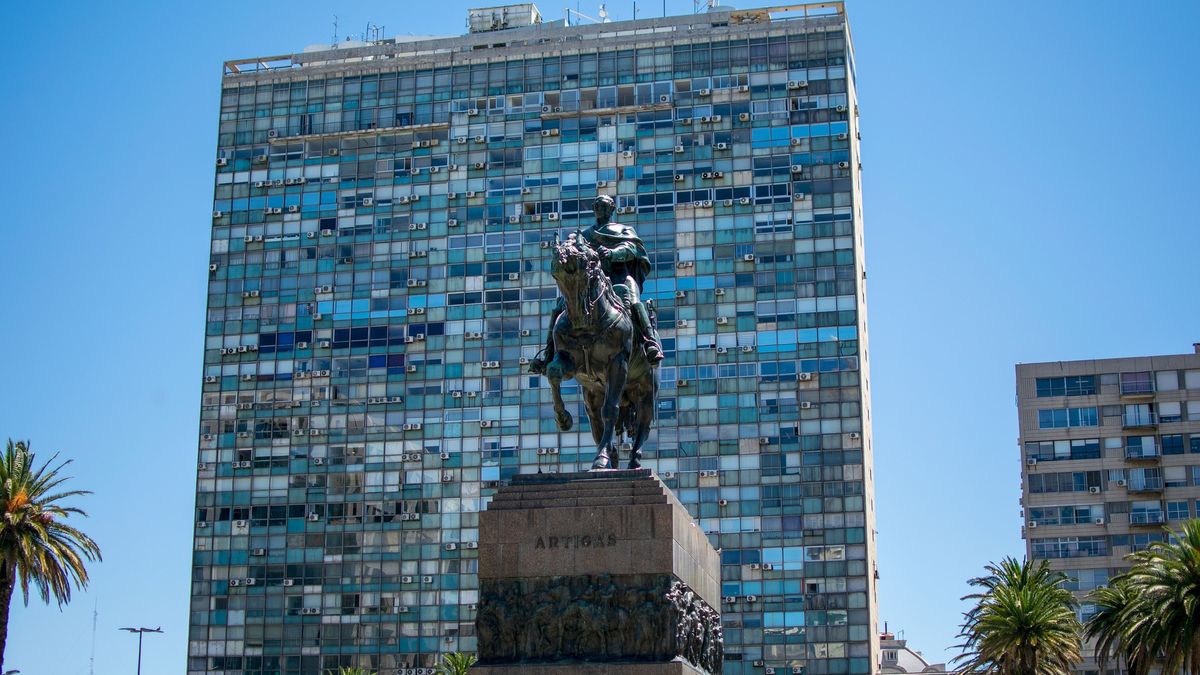wages by occupation
The survey carried out by the consultant provides information on the reference salaries in each country for different occupations and professions. The gross salary of an industrial worker in Buenos Aires is around $80,000 pesos, while in Montevideo it is $30,300 Uruguayans.
Likewise, the reference initial gross remuneration of an administrative employee in Argentina is $90,000 pesos, while in Uruguay it is around $29,650 Uruguayans.
Entering the category of IT profiles, without a doubt among the most demanded internationally, we see that the reference salaries of a junior programmer in Argentina start at $90,000 pesos gross, while on the other side of the Río de la Plata they are paid a salary that starts at $50,000 Uruguayans, also for a junior position.
Of course, these data offer a general reference panorama, since the market remuneration of the different job positions, both for professionals and executives as well as for operational positions and middle managers, are above these initial thresholds and depend on the qualification , of the maximum level of studies reached and the professional update of the candidate, as well as his career, seniority and expertise.
“Both in the cases in which a professional decides to develop his career outside the country, as well as when he must analyze a job proposal that implies a relocation, it is very important to go beyond the nominal values of salaries and learn about cost of living indicators in the city of destination, since that is what ultimately determines the purchasing power of the remuneration and the quality of life to which you can aspire with it,” said Andrea Ávila, CEO of Randstad for Argentina and Uruguay.
Housing, connectivity, fuel and food
The Randstad survey also inquires about some costs of products and services that serve as a reference to estimate the cost of living in Montevideo and Buenos Aires, which are shown below as a percentage of the values of the average gross salary of 42,360 Uruguayans and 83,324 Uruguayans. Argentine pesos respectively.
The first factor surveyed, and the one with the greatest relative weight, is housing. In Uruguay, the rent for a two-room apartment in an average area of Montevideo is around $30,000 Uruguayans, a figure that represents 71% of the average gross salary in the private sector. The rent of an apartment with the same conditions in the city of Buenos Aires is around $39,000 Argentine pesos, a value that represents 47% of the average gross salary of a formal worker in the private sector in Argentina. In this way, the data provided by the report show that the cost of housing is considerably higher in Uruguay (24 percentage points), taking into account the average gross salary of each country.
Another of the essential expenses of today’s life is the internet connection, whether it is used for leisure, study or work. A 100MB fiber optic subscription in Uruguay starts at $1,355 Uruguayans per month, 3.20% of the average salary, while the same subscription in Argentina starts at $1,999 Argentines, 2.40% of the average salary. With a smaller gap than housing, connectivity is also more expensive in Uruguay.
The value of technology is another crucial factor that impacts personal finances. A top brand computer with an Intel i3 processor, 8GB of RAM and a 256GB solid disk can be purchased in Uruguay for $30,116 Uruguayan pesos, that is, 71% of an average gross salary. The same computer bought in Argentina costs about $86,652 Argentine pesos, 104% of an average gross salary. At this point, it is clear that access to technology is more expensive on this side of the river, a fact that may be influenced by the tax component and the regulations on the foreign exchange market and imports that Argentina currently has.
The basic basket and the price of food is another factor that considerably influences the pockets of citizens. Worldwide, the “Big Mac Index” is recognized, prepared by The Economist magazine to compare purchasing power in different countries. Emulating this concept, the Randstad survey shows that a medium Big Mac Combo can be obtained for $475 Uruguayans (1.12% of the gross median salary in Uruguay) or for $720 Argentines (0.86% of the gross median salary in Argentina) Therefore, this indicator has a very similar impact on the average gross remuneration in both countries.
Due to its impact on mobility and the formation of prices for a large number of products and services, the cost of fuel is another item that strongly influences the cost of living. In Uruguay, a liter of super gasoline costs $70.41 Uruguayans (0.17% of Uruguay’s median gross income), while in Argentina it costs about $99.00 Argentines (0.12% of gross median salary), so this indicator also has a very similar impact on both sides of the river.
Source: Ambito
David William is a talented author who has made a name for himself in the world of writing. He is a professional author who writes on a wide range of topics, from general interest to opinion news. David is currently working as a writer at 24 hours worlds where he brings his unique perspective and in-depth research to his articles, making them both informative and engaging.




